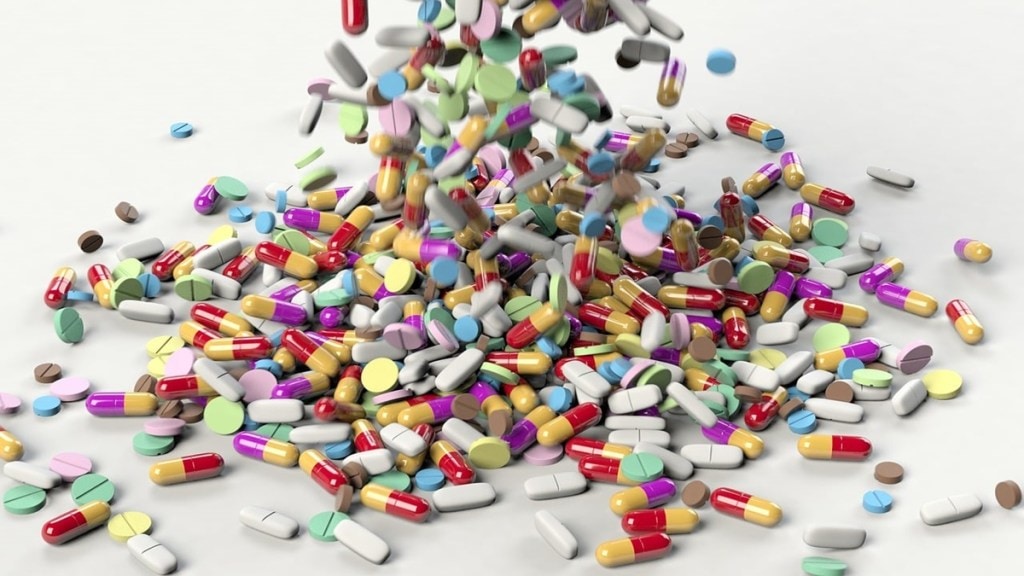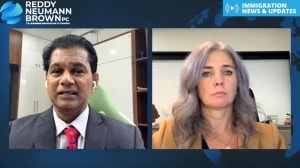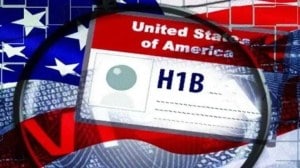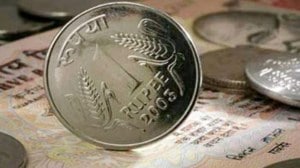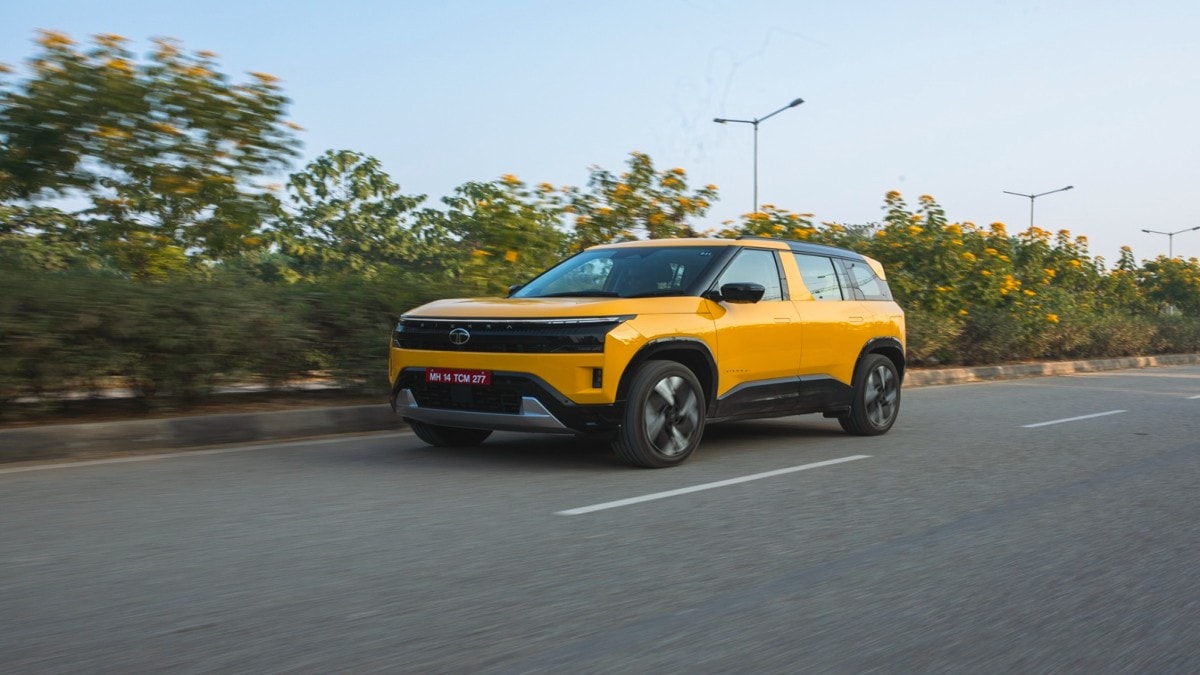US President Donald Trump has exempted imports of pharmaceuticals, energy and certain minerals in his “reciprocal tariffs” on Thursday. Following this, shares of Indian pharmaceuticals companies with significant exposure to the United States, such as Gland Pharma Ltd., Aurobindo Pharma Ltd., Dr. Reddy’s Laboratories Ltd., Sun Pharma Ltd.
Reciprocal tariffs for more than 60 countries, including India, the European Union, China, Vietnam, among others were announced by Trump. According to the fact sheet released by the White House, drugs and other products, including some already subject to other tariffs, aren’t subject to the new levies.
Applauding the move, Sudarshan Jain, Secretary General, Indian Pharmaceutical Alliance (IPA) said that India and the U.S. share a strong and growing bilateral trade relationship, with a shared vision to double trade to $500 billion under the Mission 500 initiative.
“Pharmaceuticals remain a cornerstone of this partnership, as India plays a vital role in global and U.S. healthcare by ensuring a steady supply of affordable medicines,” Jain said in a statement.
Pharmaceuticals have been exempted from tariffs. The decision underscores the critical role of cost-effective, life-saving generic medicines in public health, economic stability, and national security, he said.
“The Indian pharmaceutical industry is committed to advancing the shared priorities of both nations: strengthening medicine supply chain resilience and reinforcing national security by ensuring access to affordable medicines for all,” he added.
It is noteworthy that sector-specific tariff announcements were not part of the White House’s agenda for the announcements made on April 2. Earlier, Trump had said that levies on Pharma, semiconductors and other sectors would be announced later, although he did impose a 25 percent tariff on imports of automobiles and other auto components into the United States.
Presently, India imposes 10 percent tariff on Pharma imports from the United States. The US doesn’t impose any tariff on imports of Indian pharmaceutical items. According to brokerage firm Citi in its note that it is still unclear whether this is a short-term or medium-term arrangement. The firm views this as a positive for the sector if it is not targeted by the tariffs.
“This is in-line with our stance where we have consistently assigned a low probability of tariffs on Indian Pharma,” Citi said. CLSA also wrote that the street was expecting a 10% tariff imposition on exports to the US. “While exemption may be momentary, most US-focussed Indian pharma stocks, which have declined 12% to 17% year-to-date, and are already pricing in a 10% tariff are likely to bounce back,” the brokerage wrote.

